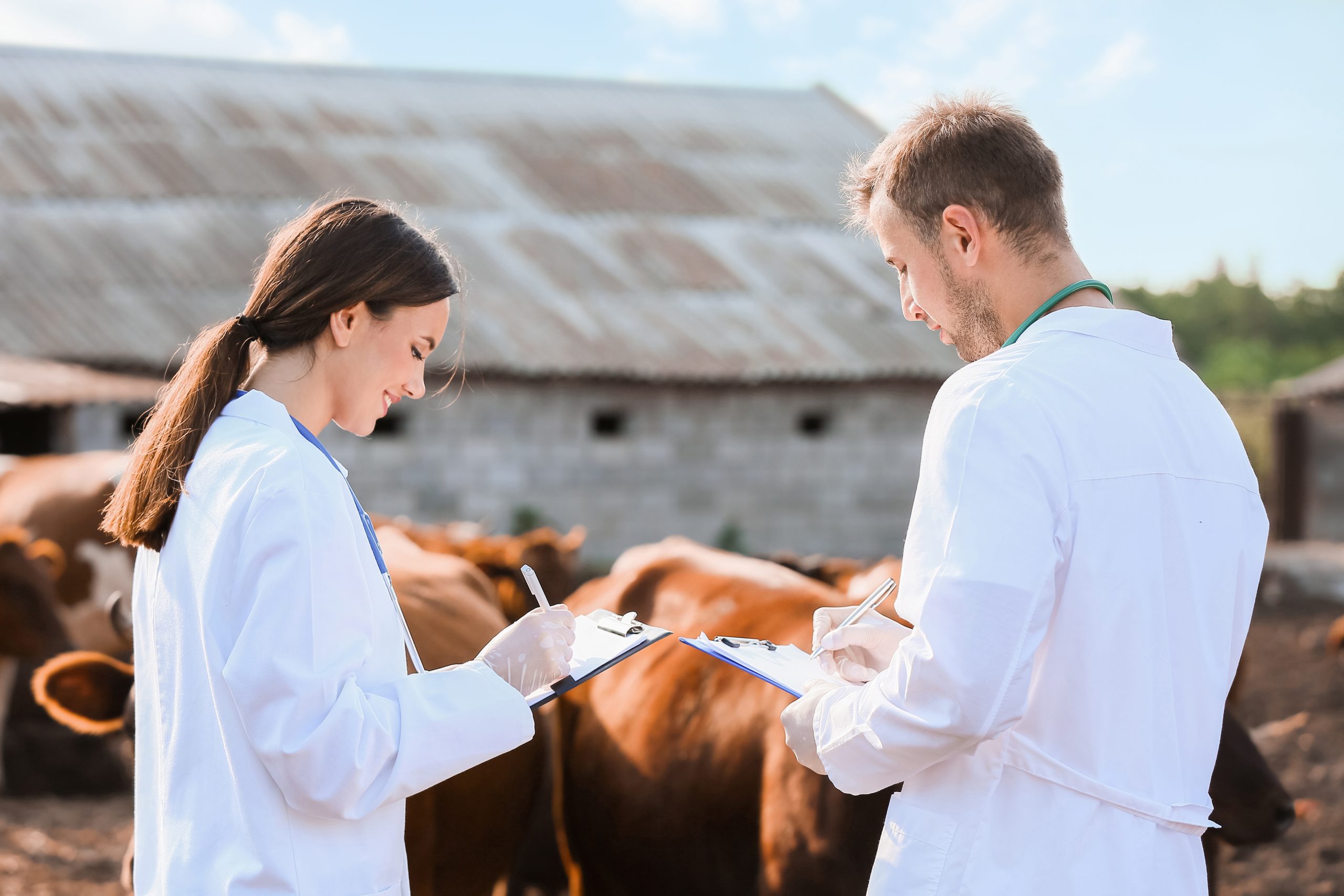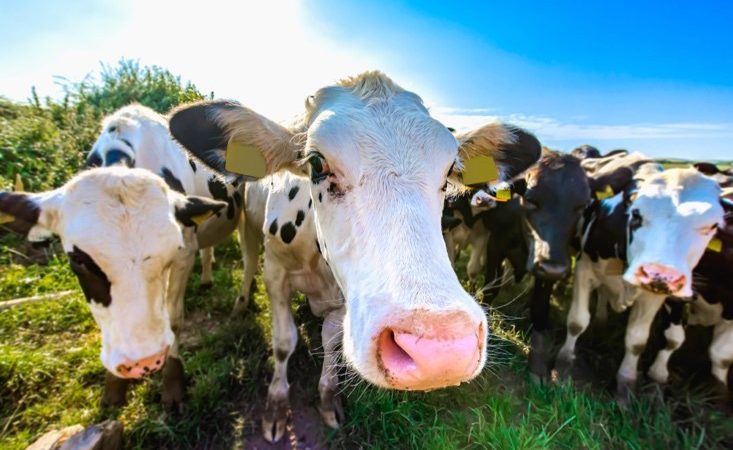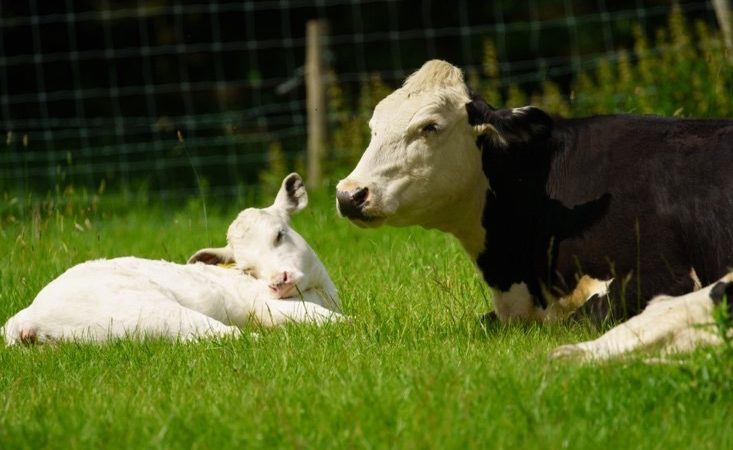Measures to support the eradication of Bovine Viral Diarrhoea (BVD)

AgricMinister has announced the launch of new measures to support efforts to eradicate Bovine Viral Diarrhoea (BVD) in cattle.
The Minister is urging herd keepers to act now to avoid being impacted by these new measures.
Minister Muir said: “BVD is a serious and highly contagious disease of cattle which affects their productivity and compromises their welfare. Since the introduction of the compulsory eradication scheme in 2016, significant progress has been made in driving down the incidence of the disease.
“However, I am aware that more needs to be done to eradicate this disease and I have listened to industry, who have been engaging extensively with my Department, on what our next steps should be.
“I am therefore pleased to announce new measures which will assist us to further address BVD in Northern Ireland. These measures will involve the introduction of herd level movement restrictions, taking into consideration their success within BVD Programmes in other jurisdictions.”
The measures being introduced are:
- From 1 February 2025, herd level movement restrictions will be applied to herds containing animals that have a positive or inconclusive BVD test result on a phased approach with ‘grace periods’ being available for the first 12 months. Herd keepers can avoid restrictions if they take prompt action to remove or retest the positive or inconclusive animals within these ‘grace periods’.
- From 1 June 2025, movement restrictions will also be applied to herds with animals of unknown BVD status. This will be introduced in 3 stages, with the threshold number of unknown status animals reducing over a 16-month period. Keepers who are compliant with the testing requirements of existing legislation will not be impacted.
- Cattle born before 1 March 2016, will also now need to be tested for BVD if they do not have a negative or indirect negative BVD status.
- From 1 February 2026, additional movement restrictions will be placed on all breeding age females within herds containing animals that test positive for BVD.
Minister Muir added: “It is expected that only a small number of herd keepers will be impacted by these measures. Restrictions can be avoided if herd keepers act now and comply with existing legal requirements to ensure all their animals are promptly tested for BVD.
“Also, if a positive case is detected, the impact of herd restrictions can be minimised if herd keepers act quickly to isolate and either remove the animal from their herd or arrange for a re-test. This will not only reduce the risk of spread of BVD to the rest of their herd, but it will shorten the length of time they will be restricted.”
Minister Muir concluded: “Given the substantial financial burden this disease places on industry and the benefits that eradication will achieve, through increased farm profitability, reduced antimicrobial usage and reduced greenhouse gas emissions, I think it is vitally important that these measures should be introduced now.
“I am very keen to support the ongoing efforts of industry to protect herds that are free from BVD and believe that if we all work together, we will take great strides towards eradicating this disease in Northern Ireland.”
The legislation has been developed through engagement with Animal Health & Welfare, NI (AHWNI), the delivery partner for the NI BVD eradication scheme and convenor of the BVD Implementation Group.
Welcoming the introduction of herd restrictions, Dr Sam Strain, Chief Executive of AHWNI, said: “The introduction of these measures is a very welcome addition to the Northern Ireland BVD Eradication Programme. They are crucial if we are to achieve our ambition of eradicating BVD here. Industry has already demonstrated its considerable commitment to achieving this aim with significant progress made to date. These new measures are an essential next step for the programme and will have a substantial effect in reducing further the level of infection, therefore helping to support farm businesses, improve animal health and welfare as well as protect our shared environment.
“The key to eradicating BVD is the prompt identification and removal of Persistently Infected (PI) cattle. The steps set out in this legislation will greatly enhance the removal of these infectious animals and therefore reduce the risk of further infection transmission.
“During the first year of these measures, no farmers need be restricted due to BVD if all PI animals are speedily removed from their herds and, in those herds with positives, all animals over a month of age have a BVD negative status. I fully expect these enhancements to the programme will lead to a further large reduction in the level of BVD here.”
The legislation to implement herd restrictions will come into effect on 1 February 2025. Further details of how and when they will be applied and how to avoid them is available on the DAERA website






